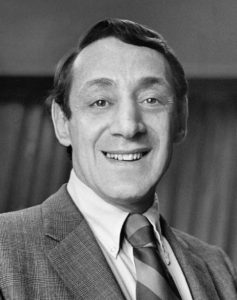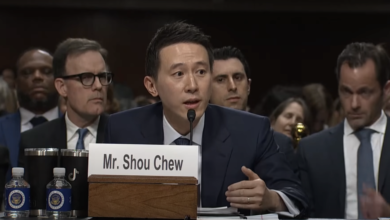
Secretary of the Navy Ray Mabus has created something of a controversy, choosing to contradict traditional military convention. Rather than continuing to name Navy vessels after U.S. presidents and major cities, Mabus is instead using the names of prominent civil rights activists and others associated with progressive causes, such as labor organizer Cesar Chavez; Sojourner Truth, the eloquent feminist and abolitionist; Earl Warren, the Supreme Court justice who heard the case to end racist, school segregation and Lucy Stone, a tireless activist of the 19th century who fought to end slavery and organized for women’s rights.
The one name, however, seemingly most controversial, is that of Harvey Milk, the first openly gay politician to hold office in the United States. Milk had served less than a year as a San Francisco Supervisor, before he was assassinated along with Mayor George Moscone in City hall, by his political opponent, Dan White, on Nov. 27, 1978.
The trial of Dan White for the murders of Milk and Moscone shows how far the working class in the United States has advanced as the direct result of decades of organizing by LGBTQ people demanding full equality. Homophobia was so prevalent in 1978 that Dan White did not even face first-degree murder charges despite the fact that he broke into San Francisco City Hall through a side window carrying a loaded gun (in order to avoid a metal detector) with the intent to kill both the mayor and a city supervisor! Instead Dan White, a former police officer, only served seven years, claiming “temporary mental impairment” as the result of eating too many Twinkies and other junk food. Dan White’s homophobic “Twinkie defense” outraged and subsequently galvanized thousands of working-class and LGBTQ people to unite against discrimination.
A limited gain
It is within this historic context that Mabus’ commemoration of Harvey Milk might be seen as something of a progressive victory. The strides made by LGBTQ people and the larger working class can no longer be ignored, not even by the U.S. military. However, it also raises the issue of the ruling class appropriating the names and images of oppressed people to advance its own political agenda. Putting a woman’s face on U.S. currency does not do anything, in and of itself, to end violence against women; neither does voting in the first female president for that matter. Similarly, police violence against Black people and their mass incarceration is not in any way reduced as the result of electing the first African-American president or by naming a military vehicle after a civil rights hero. Furthermore, if one explores the legacy of Harvey Milk, himself a Navy veteran, it is clear that he was opposed to militarism and had marched in the anti-war movement.
Mabus was appointed by President Barack Obama. He is a member of the president’s cabinet and is carrying out other seemingly progressive policies such as making Navy vessels “greener” by burning biofuels instead of diesel, and expanding use of other alternative energies. Under Obama’s directives, Mabus recently ordered the U.S. Marines to completely integrate women into their program. However, such “progressive” actions in no way reform the overall racist, imperialist nature of the U.S. military and U.S. foreign policy, much like the way in which having more people of color and female cops in no way reforms the overall racist, misogynistic and homophobic role of the police in working class communities across the country.
Commemoration of the peoples’ heroes by the U.S. military in the end amounts to empty symbolism. In fact, such tributes put a “happy face” on oppression, making it appear as if the institutions of the state are now more accepting and supportive of working-class and oppressed people when that is actually far from the truth. It would be far more effective to commemorate Chavez, Milk, Truth, Stone and other activists by teaching their histories in schools, kindergarten through twelfth grade and beyond, across the country. This would keep their achievements and example alive in the minds of each new generation of students and inspire thousands more to unite in the struggle. An even more powerful tribute would be to dismantle the war machine altogether and fully fund human needs.





